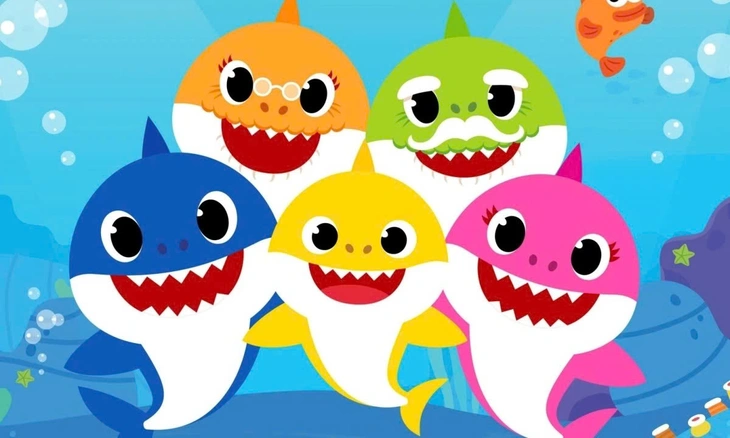
Children's song Baby shark escapes plagiarism charges after 6 years - Photo: Pinkfong
On August 14, Yonhap News reported that the Supreme Court of South Korea officially announced that The Pinkfong Company - the producer of the globally famous children's song Baby Shark - won the copyright lawsuit that lasted more than 6 years with American musician Johnny Only (real name Jonathan Robert Wright).
The ruling confirms that Pinkfong's song Baby shark does not infringe copyright and is not a plagiarized product.
Baby shark escapes plagiarism charge
The focus of the lawsuit revolved around whether Johnny Only's version of "Baby Shark" (released in 2011) was a sufficiently unique and creative derivative of a North American folk tune.
Johnny Only claimed that he added separate musical elements to create a new copyrighted product, and accused Pinkfong of copying his song without permission when they released the Baby shark version in 2015.
However, the Supreme Court of Korea rejected all of the plaintiff's arguments and upheld the previous court's ruling.
Baby shark MV
According to the court, if a song uses material from an oral folk song to compose a new composition, to be recognized as a copyrighted derivative song, the added creative part must be new and independent enough to form a new composition.
In this case, Johnny Only's arrangement was deemed too minimal, adding only a few instruments and changing the accompaniment to the original melody, to qualify for legal protection as an independent work.
The Korean Copyright Commission's judging panel concluded that Johnny Only's version lacked strong creativity, being merely a slight variation of a pre-existing folk song.
The court also held that while it was possible that Pinkfong's production team had access to Johnny Only's song, there was no evidence that they had copied any of the original creative elements from that version.
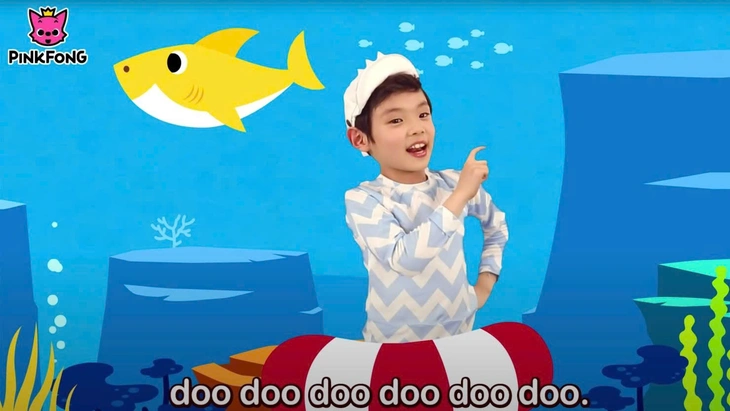
The catchy melody "Baby shark, doo doo doo doo doo doo" is loved by children all over the world - Photo: Pinkfong
The Baby shark copyright lawsuit was filed by musician Johnny Only in March 2019, right at the time when Pinkfong's song Baby shark became a global phenomenon.
With the catchy melody "Baby shark, doo doo doo doo doo doo" and fun choreography, the song quickly conquered children around the world , surpassing 1 billion streams on Spotify in 2023, and entering the Billboard Hot 100 chart in 2019.
Not only causing a stir on social networks, Baby shark is also used as a cheering song by many famous Major League Baseball (MLB) teams such as Washington Nationals or LA Dodgers.
Following the final ruling, The Pinkfong Company issued a statement saying they had re-arranged the folk song into a version that was easy to sing, easy to remember, and suitable for children, and asserted: "The Supreme Court's confirmation that we did not infringe copyright is a fair recognition of our creative efforts."
Source: https://tuoitre.vn/bai-hat-do-tre-an-com-quoc-dan-baby-shark-thoat-an-dao-nhac-sau-hon-6-nam-bi-to-20250815101924758.htm








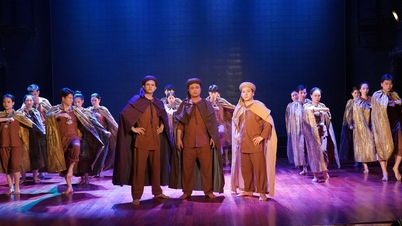



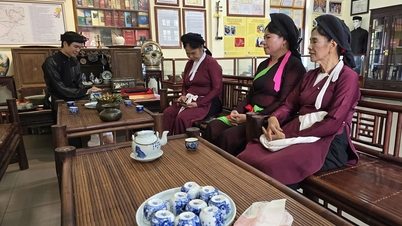


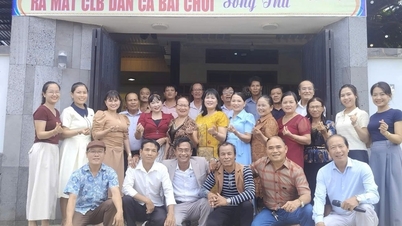


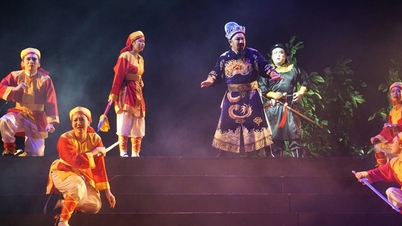


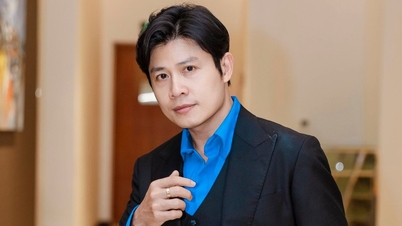
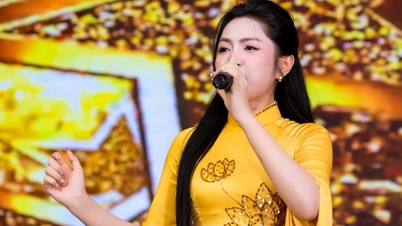

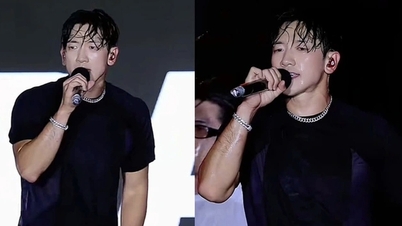







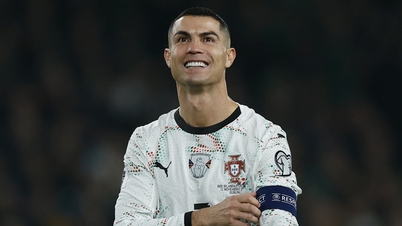

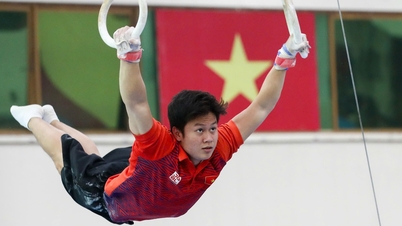
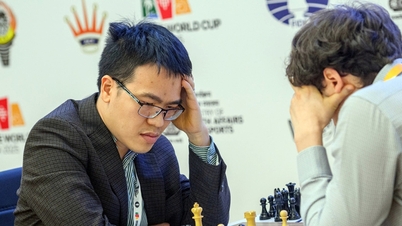







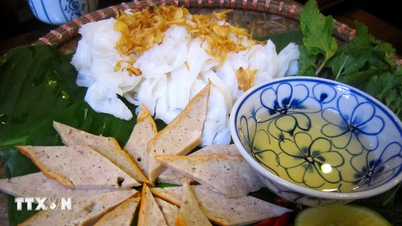


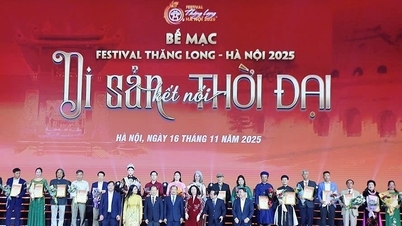







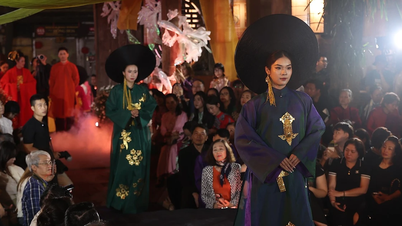
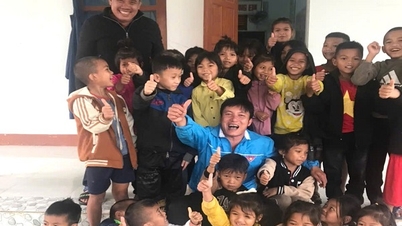

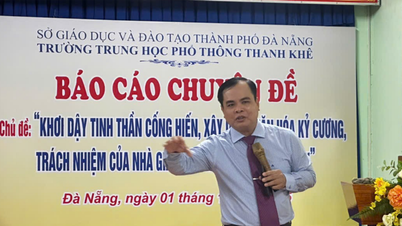


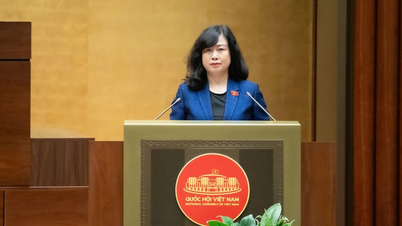


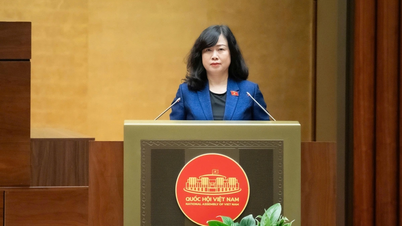

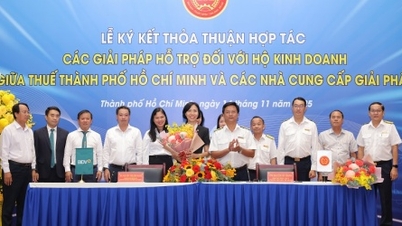

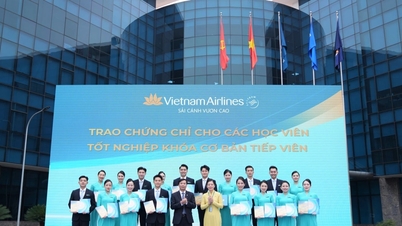













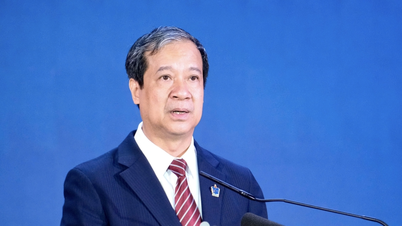

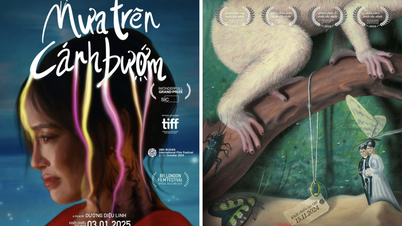












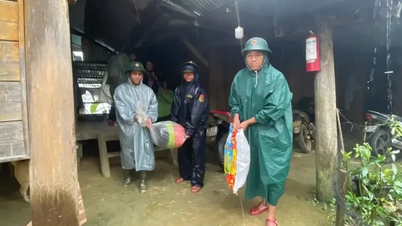















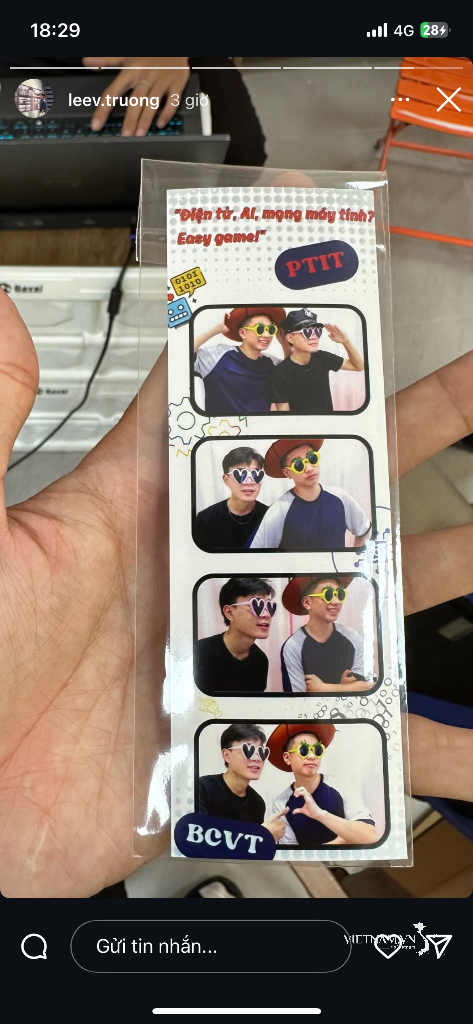
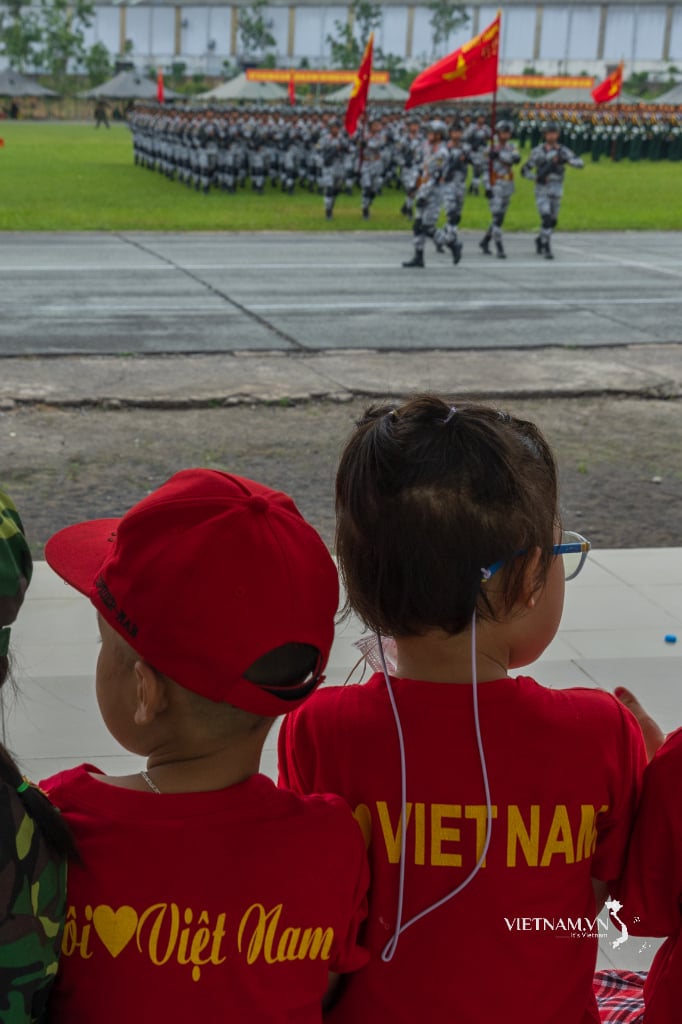
Comment (0)